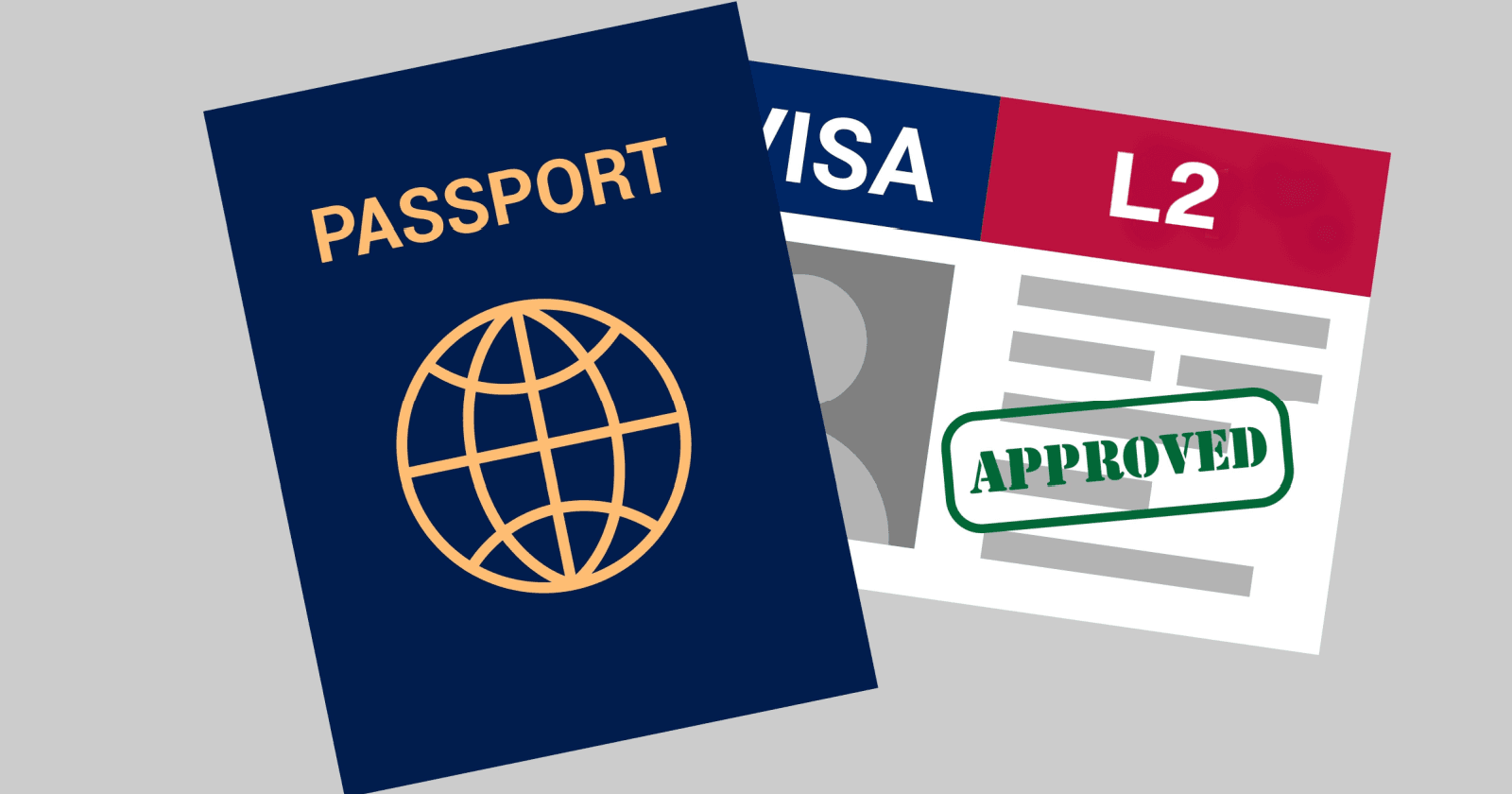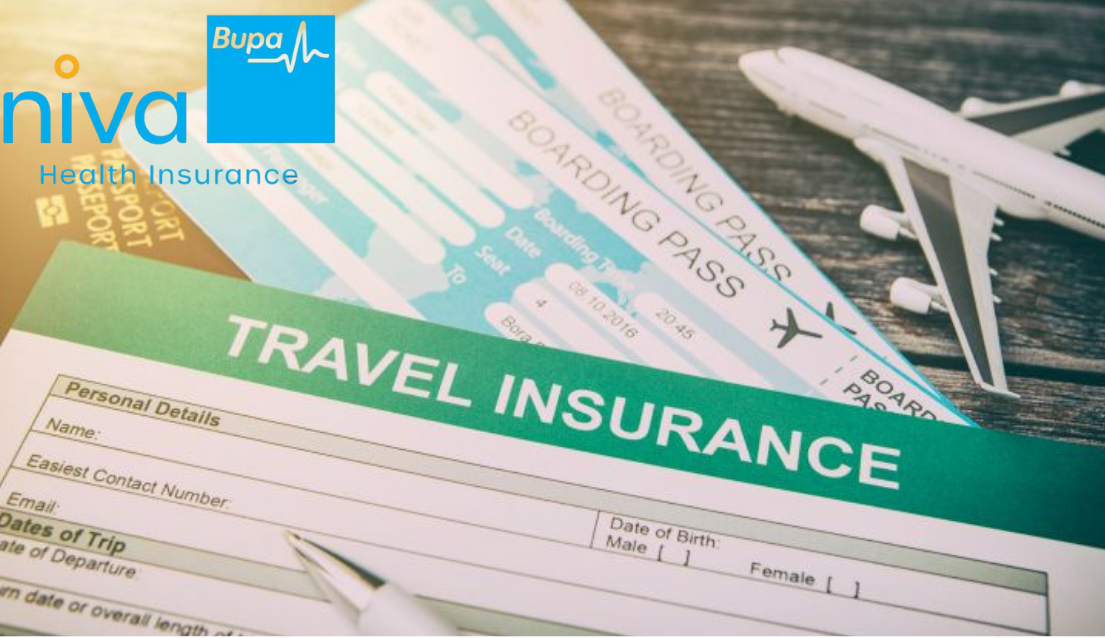How Indians Can Apply for Permanent Residency (PR) in South Korea: Process and Eligibility

Strong 8k brings an ultra-HD IPTV experience to your living room and your pocket.
South Korea, a dynamic country known for its vibrant culture, advanced technology, and high standard of living, has become an increasingly popular destination for expatriates, including Indians. The idea of making South Korea a long-term home through permanent residency (PR) is a common aspiration for many. In this article, we will explore how Indians can apply for Permanent Residency (PR) in South Korea, detailing the eligibility criteria, the application process, and some important considerations. Additionally, we will highlight the importance of having travel insurance, such as Niva Bupa, to ensure peace of mind during your time in South Korea.
Why Seek Permanent Residency in South Korea?
South Korea is not only a booming economic powerhouse but also a culturally rich nation with a high quality of life. Many Indians seek to settle in South Korea for reasons such as job opportunities, access to advanced healthcare, quality education, and the chance to experience a unique lifestyle. With the country's growing international community, South Korea PR (Permanent Residency) offers the opportunity to enjoy these benefits without the restrictions that come with short-term visas.
Eligibility Criteria for PR in South Korea
Before considering the application process, it is important to understand the eligibility criteria for obtaining permanent residency in South Korea. While the requirements may vary slightly depending on the visa category or specific circumstances, some key factors remain consistent.
Residence Duration: One of the fundamental requirements for obtaining PR in South Korea is that applicants must have lived in the country for a certain period. Generally, applicants must have lived in South Korea for a minimum of five years on a valid visa. This is the most common pathway for Indians to qualify for South Korea PR.
Employment and Economic Contribution: South Korea's immigration policies prioritise individuals who contribute economically to the nation. To increase the chances of obtaining PR, applicants should be employed in South Korea, ideally with a stable job in a sector that aligns with the country's needs. Skilled workers, business owners, and investors may have an advantage in this regard.
Language Proficiency: Proficiency in the Korean language is often considered a key factor when applying for PR in South Korea. While there is no strict requirement to speak Korean fluently, applicants who have a solid understanding of the language are more likely to be successful. Demonstrating basic proficiency in Korean through a language test, such as the Test of Proficiency in Korean (TOPIK), can significantly enhance your application.
Clean Legal Record: It is essential for applicants to have a clean legal record in both South Korea and their home country. Criminal history or significant legal issues could jeopardise your chances of obtaining PR. Applicants must also demonstrate good moral character and comply with the laws and regulations during their time in South Korea.
Health and Medical Check-ups: Health is a significant consideration in South Korea’s immigration policies. Applicants for PR may be required to undergo medical examinations to confirm that they do not have any contagious diseases or health conditions that could pose a risk to public health.
Steps to Apply for South Korea PR
Now that we have explored the eligibility criteria, let’s take a look at the process of applying for Permanent Residency (PR) in South Korea.
Gather Necessary Documents
The first step in the application process is gathering all the required documentation. Common documents include:
Passport
Proof of employment or financial stability
Proof of residence and immigration history
Academic and professional certificates
Medical records
Language proficiency test results (if applicable)
Choose the Appropriate Visa Category
South Korea offers several pathways to PR, and the visa you hold or plan to hold can influence your eligibility. Here are a few common options:
F-2 Resident Visa: This is the most common visa category for individuals seeking PR. Applicants must have lived in South Korea for at least five years on an F-2 visa before applying for permanent residency.
F-5 Permanent Residency Visa: The F-5 visa is the permanent residency visa for foreign nationals. To apply for this visa, applicants must meet specific requirements such as a minimum duration of stay, employment, and language proficiency.
Submit Application to the Immigration Office
Once you have prepared the necessary documents and identified the appropriate visa category, the next step is to submit your application to the Korean immigration office. The application will be reviewed, and the authorities may request additional information or documents during the process.
Attend an Interview (if necessary)
Depending on the nature of your application, you may be required to attend an interview with immigration authorities. This interview could involve discussing your background, reasons for seeking PR, and your plans for the future in South Korea. Being well-prepared for this interview can increase your chances of approval.
Wait for Approval
After submitting your application, it is a matter of waiting for approval. The processing time for South Korea PR applications can vary depending on the visa category, the completeness of your application, and the specific circumstances surrounding your case. On average, the processing time can take anywhere from 6 months to a year.
Obtain Permanent Residency Status
Once your application is approved, you will receive your permanent residency status in South Korea. At this point, you can enjoy the benefits of living and working in South Korea without the need to renew a visa. Permanent residents also have access to healthcare, education, and other social services, making it a favourable option for long-term residents.
Additional Considerations
Family Members: If you are granted permanent residency in South Korea, your immediate family members, such as your spouse and children, may also be eligible to join you under the family reunification policy. This process is relatively straightforward, as long as you meet the requirements.
Exit and Re-entry: As a permanent resident, you are allowed to leave and re-enter South Korea without restrictions. However, it is important to maintain your residency status by staying in the country for a certain period of time. Extended stays outside South Korea may affect your permanent residency status.
Renewal Process: While permanent residency in South Korea typically lasts indefinitely, it is important to keep track of any necessary renewals, especially if your status is based on certain conditions. For example, you may need to renew your PR card periodically, depending on the type of visa you hold.
Role of Travel Insurance During Your Stay in South Korea
As an Indian moving to South Korea for work or study, it’s essential to have comprehensive travel insurance to protect yourself from unexpected situations. Niva Bupa, a leading provider of travel insurance, offers a range of plans that cater to the unique needs of expatriates in South Korea. Whether you need coverage for medical emergencies, lost baggage, or trip cancellations, Niva Bupa’s travel insurance provides peace of mind during your stay. With its hassle-free claims process and extensive network of healthcare providers, Niva Bupa ensures that you are well taken care of while you pursue PR in South Korea.
Conclusion
Securing Permanent Residency (PR) in South Korea is a valuable opportunity for Indian nationals seeking to live and work in this innovative and culturally rich nation. The process involves meeting specific eligibility requirements, submitting necessary documents, and undergoing interviews. While the journey to obtaining PR in South Korea may seem challenging, the benefits of living in this dynamic country make it an appealing goal.
In addition to the immigration process, it is crucial to prioritise your health and well-being during your time in South Korea. Niva Bupa travel insurance provides the protection and support you need to navigate any uncertainties that may arise. Whether you are applying for South Korea PR or simply visiting, having reliable travel insurance ensures that you can focus on your goals without worrying about unforeseen challenges.
Note: IndiBlogHub features both user-submitted and editorial content. We do not verify third-party contributions. Read our Disclaimer and Privacy Policyfor details.



